Unfinished business: TV today is largely enforcing stereotypes: Huma Nawab
‘Chand Grahan’ star on comeback after prolonged hiatus, upcoming projects and television then and now
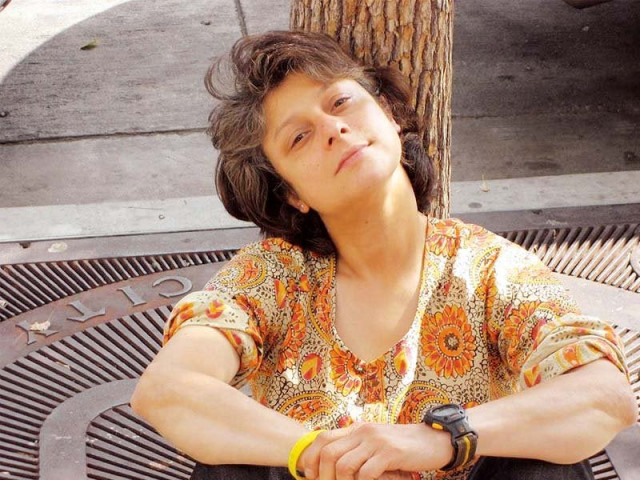
Nawab debuted with Silsila in 1983 and later featured in popular hits from the 90s, such as Nijaat and Hawaain. PHOTOS: PUBLICITY
Towards the close of the 1990s, the approaching PTV apocalypse pushed many faint-hearted actors to the brink of reconsidering career prospects. Perhaps, they couldn’t take in stride the creeping fall of the golden age of the Pakistani entertainment industry and the then changing socio-political scenario. Among those who were disillusioned and called it quits was actor Huma Nawab.
The Chand Grahan star packed her gear and left for the United States in 1998. “I was beginning to lose heart in what I was doing. Pakistan was changing rapidly. I felt as if the social setting had begun to encroach upon my freedom,” she tells The Express Tribune. Over 17 years later, Huma feels there’s unfinished business calling out to her. “As I was leaving, the private television industry was taking baby steps. Today, it owns a mammoth share in the market and because of that, actors are in a better position to ask for good money.”
Read: Heritage education: Books alone are insufficient: Alam
Nawab debuted on screen with Silsila in 1983 and later featured in popular hits from the 90s, such as Nijaat and Hawaain. Back in the day, private TV was restricted to NTM/STN, and that too came out after around 800 actors took to the streets in 1995, calling for the privatisation of media. The venture soon succumbed to the killing loneliness in no time. PTV, on the other hand, was basking in its glory. “Be it drama serials or long plays, the cast and crew used to give their all to them. If you signed up for a project, the terms were such that you couldn’t look elsewhere,” she recalls.

The acting veteran worked as an interior decorator during her self-imposed exile. “It was a job I loved. It helped me forget acting for a bit.” However, as luck would have it, her instincts kicked in yet again. “During my visit to Karachi three years ago, friends from the acting circle pushed me into a comeback. It took me two years to muster up the courage to face the camera again, this time for Sarmad Sehbai’s upcoming film Mah-e-Meer. I did it. I am back.”
Although she remains tight-lipped about what her role in the movie is, she does have a few things to say about the rising film industry. “We should be proud of the fact that Pakistani film is coming back to life.”

So, is she game for another film appearance? The answer is a quick yes. “Why not ... but it largely depends on the script. I do have two offers on the table but I want to essay a role that is powerful.”
These days, Nawab is busy working with three different TV production houses. “That is the maximum I can handle,” she says. But she admits the industry is no more the same. “There is a dearth of good writers. Only a handful of quality playwrights are now left,” she laments. TV’s leading ladies of yesteryear, be it Marina Khan, Shahnaz Shaikh, Roohi Bano, Khalida Riyasat or even Sania Saeed, depicted strong women and played to the tune of refreshing content, she adds.

Nawab is quick to admit that she herself never played that type on screen. “My upbringing was quite different. I was a tomboy and that made all the difference.” She feels TV dramas today largely reinforce stereotypes, despising this as much as she despises Turkish content that is being aired across screens today. She is team ‘Be Pakistani, buy Pakistani’ through and through. “I urge my fans to support local TV and film and not expect it to compete with the Indian entertainment industry,” she says.
Published in The Express Tribune, October 8th, 2015.
Like Life & Style on Facebook, follow @ETLifeandStyle on Twitter for the latest in fashion, gossip and entertainment.


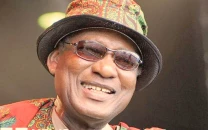
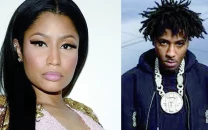

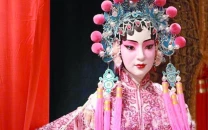
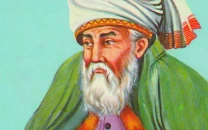












COMMENTS
Comments are moderated and generally will be posted if they are on-topic and not abusive.
For more information, please see our Comments FAQ